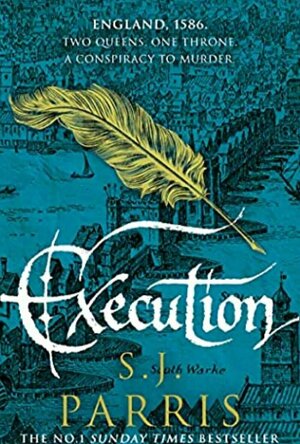Lyndsey Gollogly (2893 KP) rated The Lady of the Ravens in Books
Oct 18, 2022
Book
The Lady of the Ravens ( Queens of the Tower book 1)
By Joanna Hickson
⭐️⭐️⭐️
Elizabeth of York, her life already tainted by dishonour and tragedy, now queen to the first Tudor king, Henry the VII.
Joan Vaux, servant of the court, straining against marriage and motherhood and privy to the deepest and darkest secrets of her queen. Like the ravens, Joan must use her eyes and her senses, as conspiracy whispers through the dark corridors of the Tower.
Through Joan’s eyes, The Lady of the Ravens inhabits the squalid streets of Tudor London, the imposing walls of its most fearsome fortress and the glamorous court of a kingdom in crisis.
It was good. I enjoyed it but got slightly bored towards the end. I’m a huge fan of the Tudors and liked reading this adaptation of the start of their reign. It was a decent read.
The fact that I haven’t (yet) read books 2-5 has made no difference at all to my great reading enjoyment, so this can be read as a one off (but why would you do that? Books 1 and 6 are fab, so I’ll be reading books 2-5 without a doubt).
Bruno is working undercover for Elizabeth I’s spymaster, Francis Walsingham, and they hope to stop what becomes known as The Babington Plot - a plot to kill Elizabeth I, break Mary Queen of Scots out of prison and put her on England’s throne instead. This is all about Elizabeth’s claim to be queen. Henry VIII has disowned her as illegitimate when Anne was beheaded, and she was a Protestant to boot! Babington and his crew are staunch catholics, and they want a catholic on the throne. Mary fits the bill.
Francis Walsingham is desperate to find an excuse to dispose of Mary, and Babington is providing the goods. There is a secret letter exchange going on between the plotters and that Walsingham knows about, but he needs to catch them in the act - and he needs to ensure that Mary implicates herself completely.
This is all historical fact, as is Bruno’s existence, and I think that’s what puts the icing on the cake for me. I love historical fiction that brings real characters to life on the page. Bruno is a great character - he’s intelligent, funny and emotional. Basically, he’s a great character to build a story around.
So much research must have gone in to this book, and I really appreciate that. The side characters add couloir and substance to the whole story.
Many thanks to The Pigeonhole for serialising this book, and I’ve now given myself the rather enjoyable task of catching up with Bruno!
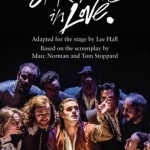
Shakespeare in Love: Adapted for the Stage
Tom Stoppard, Lee Hall and Marc Norman
Book
I will have poetry in my life. And adventure. And love. Love above all. Promising young playwright...
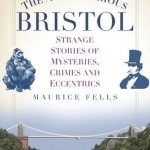
The A-Z of Curious Bristol
Book
Bristol's history is packed with peculiar customs and curious characters. This book explains why the...
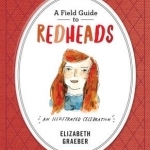
A Field Guide to Redheads
Book
A charming, quirky, and utterly unique gift book with more than 100 portraits of famous historical,...
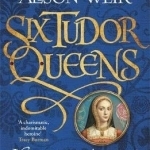
Katherine of Aragon, the True Queen
Book
*A Sunday Times Top Ten Bestseller* Katherine of Aragon: The True Queen by bestselling historian...
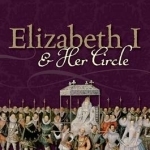
Elizabeth I and Her Circle
Book
This is the story of Elizabeth I's inner circle and the crucial human relationships which lay at the...
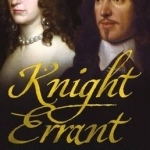
Knight Errant: Lord Craven and the Court of the Winter Queen
Book
Elizabeth of Bohemia, known to some as the Winter Queen and to others as the Queen of Hearts, was...
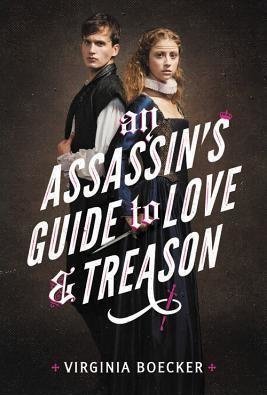
An Assassin's Guide to Love and Treason
Book
When Lady Katherine's father is killed for being an illegally practicing Catholic, she discovers...
historical fiction young adult ya romance Shakespeare
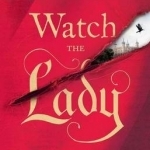
Watch the Lady
Book
The Queen's God Daughter. Her Most Trusted Maid. Adultress. Enemy Of The State. Who is The Real...

